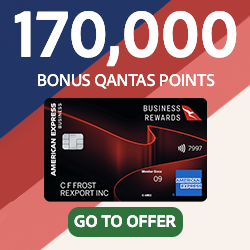That’s an interesting approach, but honestly, I don’t think most people care much if it takes them 24 seconds or 51 seconds to find the Reward Flight Charges. Considering how long it takes to actually find an award you want (sometimes hours/days), I don’t really see the point of the article other than to have some fun, or perhaps for “other” reasons. I know it’s been labelled as a “left-field” way to compare transparency so I’ll take it with a large grain of salt.
But if we are really going to compare transparency and trust, how about measuring the time taken trying to determine the booking class and cross reference that with the “Simpler & Fairer” earn tables, as an example? That should be a simple exercise, and one which demonstrates the Airline’s transparency and trustworthiness, or lack thereof. But Qantas is not alone in these shenanigans; all the Airlines successfully play these games with their members in different ways to drive their profit margins. Some are better at it than others, and some have mastered the art.
For award bookings, what most people really want to know is:
- are there any rewards available in premium cabins for long haul travel on the dates I want
- how many points are required, and
- how much are the taxes and Carrier Charges.
The article briefly touches on the latter but it’s lost in the article’s overarching message.
A picture says a thousand words and what better way than a chart. Personally, I’d love to see AFF publish Airline FFP charts with a comparison of like for like Carrier Charges/Surcharges for a variety of different routes. We all know what these are - they’re the grossly excessive extra fees and charges that many Airlines add to the total, simply because they can. They often try to hide them for good reason, and they would like you to believe they are simply passing these on to you because that’s what they incurred and therefore have no choice - not true.

 www.australianfrequentflyer.com.au
www.australianfrequentflyer.com.au























